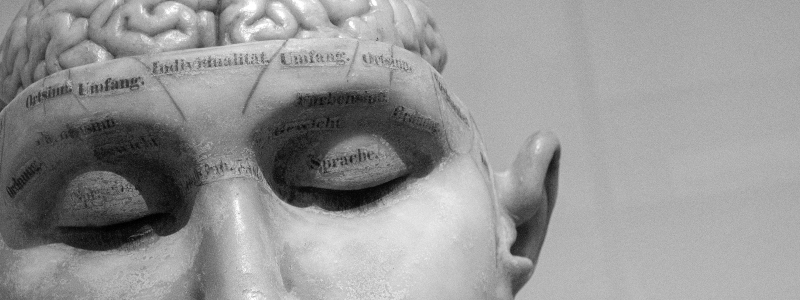When life feels like it’s getting on top of us, it can feel like there’s no space for our thoughts and feelings to be heard. This can make us feel isolated, and the problems we’re trying to deal with seem a lot worse. This points to the core of what therapy offers: physical and psychological space where you can voice your problems and feel meaningfully heard and understood.
This article aims to introduce some of the different types of space we use in therapy and how they might help.
Trusted space
The consulting room where the therapy takes place is separate from your everyday life, free from interruptions and what’s said there is confidential. This aims to provide a safe, non-judgemental space you can have faith in.
Coupled with this, you will have chosen a therapist who you believe to be a skilled and empathic professional. Feeling comfortable and confident with your therapist is key to a successful outcome. As this understanding between you develops, you will increasingly feel open to discuss in-depth the problems that brought you to therapy.
Space to explore
From this foundation, therapy is able to move into an exploratory space, where you and your therapist work together to listen with curiosity and compassion to the feelings and experiences that you’ve often kept hidden.
As the work deepens, you are likely to connect more fully with your current emotional difficulties, and also with earlier, often buried experiences. It’s common to start feeling heard and understood in a new and profound way. This alone can have a powerful impact.
Potential space
Old patterns, often learned deep in the past, start to show themselves. There can be a sense of more space opening up between you and previously overpowering feelings.
This often brings emotional and psychological relief, while showing different ways of seeing problems and understanding how you might approach them.
The British psychoanalyst, Donald Winnicott, coined the concept ‘potential space’ to refer to a transitional area that lies between fantasy and reality in therapy, where therapist and client start creatively considering new and different options. Not only does this enable fresh insights and understanding but it starts opening up new possibilities for the future.
Space to take away
The course of therapy not only provides a space once a week for the therapy itself, but increasingly develops an internal space – within you. Through your experience of therapy, you develop the capacity of internalising not only your new understanding of the problem you’re working on, but also how to understand yourself in the face of problems you may encounter in the future.
Therefore, this internal space not only gives you more understanding of your patterns, relationships and needs, and the ability to manage feelings and respond more constructively in the present, but you get to take this internal space away with you, to refer to and use whenever it is helpful to hear yourself, know what you think and feel, and envision what might be the way forward. This is perhaps therapy’s biggest gift.
Opening a space
With our lives putting ever-growing demands on us, we can be under pressure to act unconsciously and repeat unhelpful patterns. Therapy offers us the opportunity to do something different: to give ourselves a moment to pause, to listen to what we really think and feel, and see how we might adapt to be more in line with ourselves, and feelmore fulfilled.
Viktor Frankl, the existential psychotherapist and Holocaust survivor, wrote in his book Man’s Search for Meaning: ‘Between stimulus and response there is a space. In that space is our power to choose our response. In our response lies our growth and our freedom.’
To enquire about psychotherapy sessions with Thad Hickman, please contact him here, or to view our full clinical team, please click here.
Thad is an experienced psychotherapeutic counsellor and a registered member of the British Association for Counselling and Psychotherapy (BACP). He works long-term with individuals in our Lewes and Brighton and Hove practices.
Further reading by Thad Hickman














